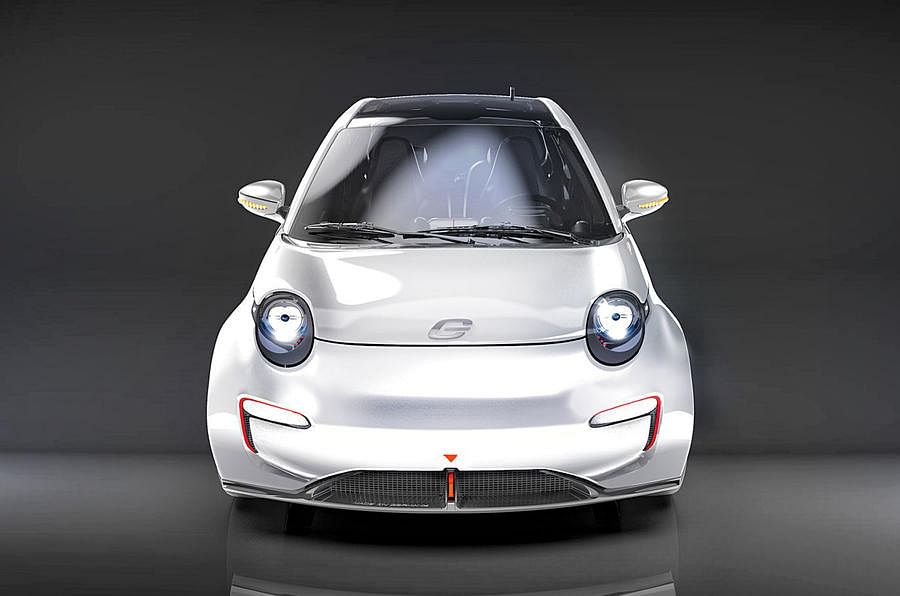German start-up e.Go Mobile has become the first company to secure the rights to use the Volkswagen Group’s MEB platform as the basis for its own electric vehicles.
Volkswagen is gearing up to launch the first vehicle based on the MEB electric architecture, the ID hatch, later this year, and has been open about its desire to provide the platform to other firmsto build vehicles on.
The tie-up was announced at the Geneva Motor Show, where Volkswagen is showing the ID Buggy concept, which is designed to showcase the flexibility of the MEB platform and how it could be used by small-scale firms.
e.Go, based in Aachen, Germany, was founded in 2015, and is currently developing a small four-seat EV city car called the Life, which has been designed to make extensive use of off-the-shelf parts from outside suppliers, including Bosch for its electric motor, to reduce development costs. The starting price is €15,900 (£13,600) including taxes but other versions are offered with greater range, including a 60kW version for €19,900 (£17,100).
e.Go is aiming to develop a new longer version of the e.Go Life called the Life L that would use an entry-level version of the MEB architecture as it’s base and the company’s distinctive aluminium spaceframe body and plastic panels on top of the VW running gear, company boss Gunther Schuh told Autocar UK at the Geneva Motor Show.
Schuh said: “We can contribute e.Go’s agile product development and our strength in building small-series vehicles,” adding “the MEB platform will make us faster, more robust and cost-efficient.”

The e.Go Life.
To that end, the company will incorporate several MEB components into its small 3.35-metre-long Life city car but that car is too small to be wholly based on the MEB architecture. The larger L model will also still be smaller than the VW ID hatchback, meaning there will be no overlap between e.Go and VW models in size.
As well as developing his own MEB car and using its components on another, e.Go is also understood to be in the running to build a production version of the VW ID Buggy concept that would see e.Go engineer and build the car for VW using its expertise as a low volume car making specialist. That is one of three models that VW is assessing for low volume production for which it could use e.Go's expertise.
Schuh, who used to do consultancy work for VW earlier in his career, added: “It’s not that complicated to build an electric car but it is difficult to build an affordable electric car. But an electric car must be emotion, not just rational. It’s not rational to have a buggy but you want one and can’t live without one when you’ve had one.”
Before starting e.Go Schuh developed an electric delivery vehicle, named the Street Scooter, for the German post office. He subsequently sold that machine's design to Deutsche Post, and is offered as an urban delivery vehicle.
e.Go has previously made an electric kart, and is also working on an EV shuttle.
Schuh revealed that VW Group personally approached him a year ago to see if he would be interested in combining his technology with VW’s own, and after deciding it was possible, spent six months working with the giant to pass its competency tests.
Also read: Volkswagen ready to share MEB electric platform with rivals